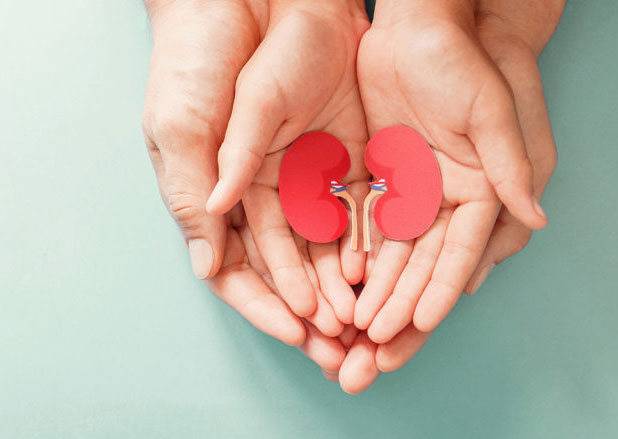When you get a kidney transplant, a healthy kidney is placed inside your body to do the work your own kidneys can no longer do.
You must be healthy enough to have the operation. We will refer you for a full medical and psychosocial evaluation which is done with the transplant team at a transplant center. On the plus side, there are fewer limits on what you can eat and drink, but you should follow a heart-healthy diet. Your overall health and energy should improve. In some cases, a successful kidney transplant may allow you to live the kind of life you were living before you got kidney disease. Studies show that people with kidney transplants live longer than those who remain on dialysis.


When you get a kidney transplant, a healthy kidney is placed inside your body to do the work your own kidneys can no longer do.
You must be healthy enough to have the operation. We will refer you for a full medical and psychosocial evaluation which is done with the transplant team at a transplant center. On the plus side, there are fewer limits on what you can eat and drink, but you should follow a heart-healthy diet. Your overall health and energy should improve. In some cases, a successful kidney transplant may allow you to live the kind of life you were living before you got kidney disease. Studies show that people with kidney transplants live longer than those who remain on dialysis.
On the minus side, there are the risks of surgery. You will also need to take anti-rejection medicines for as long as your new kidney is working, which can have side effects. You will have a higher risk for infections and certain types of cancer.
Although most transplants are successful and last for many years, how long they last can vary from one person to the next. To obtain a free brochure about kidney transplants, call 855.NKF.CARES (855.653.2273) or email nkfcares@kidney.org. Ask for “Kidney Transplant: What You Need to Know.”
